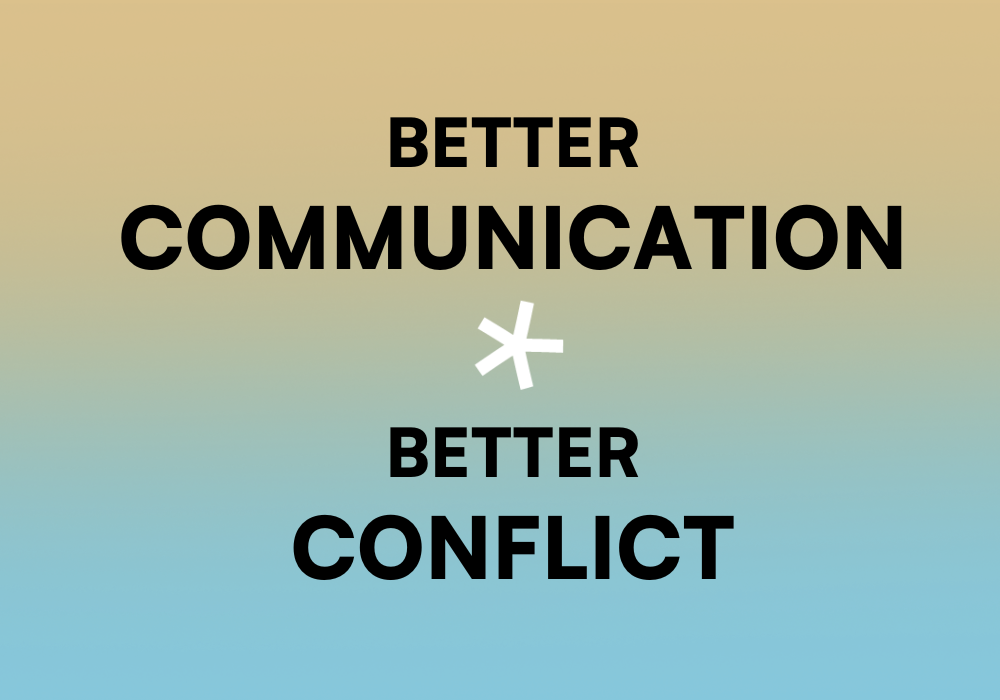This is a season of shifts and shake-ups.
This is a season that has moved many of us from the tactical execution of our given roles to a strategic interrogation of how those roles actually serve the organization, and to what degree we’re empowered to fully execute that service.
We are re-thinking the nature of work, re-imagining its footprint, re-plotting its reporting structures.
We haven’t stopped caring about our P&L sheets, or quality control measures, or process improvement plans, or product releases, but we’re figuring out how to do them all differently.
Whether a we’re a small business or we work for a Fortune 500, many of us are newly-minted entrepreneurs, juggling home, health, and work, seeking purpose in what we do, and discovering a “just-get-it-done” mentality we may not have felt in years.
And so now, right now, is the perfect time to interrupt unhelpful narratives about organizational hierarchies and about which departments matter more than others.
In a season of disruption, all the parts matter, and everyone gets to re-interpret how they mentally position themselves and others within the organizational hierarchy.
And, I think this has specific bearing right now for HR.
For too long, in too many companies, HR has had to prove its right to exist, and has had to fight against organizational eye-rolling as the only “non-revenue generating cost center in the company.”
If you’re lucky enough to work in an HR department for a company and not feel this quiet disdain, count yourself lucky. I’ve spent far too much time with HR professionals from a huge array of industries not to be convinced that the HR field suffers from younger-sibling-syndrome. They’re the little brother or sister that has to be allowed to play with the others and their friends, since there’s nothing else for them to do, but no one is thrilled about it.
CLAIM YOUR BRAND.
Don’t just be the stick-to-the-policy people. Cast vision for something broader and more compelling. It’s not just your job to regulate and award sick leave. Tactically, that’s important, for everyone. And everyone appreciates it when they need it.
Don’t stop doing that.
But it’s also essential to zoom up and ask big questions, like why sick leave matters, and what the contribution to the entire workforce is as a result. And, for that matter, why that result matters in light of the broader organizational goals.
Every season of shifting is an opportunity for learning and re-positioning ourselves. Take control of your HR narrative in this time, and you’ll be reaping the benefits for long after.
I’d love to keep thinking this through with you.



